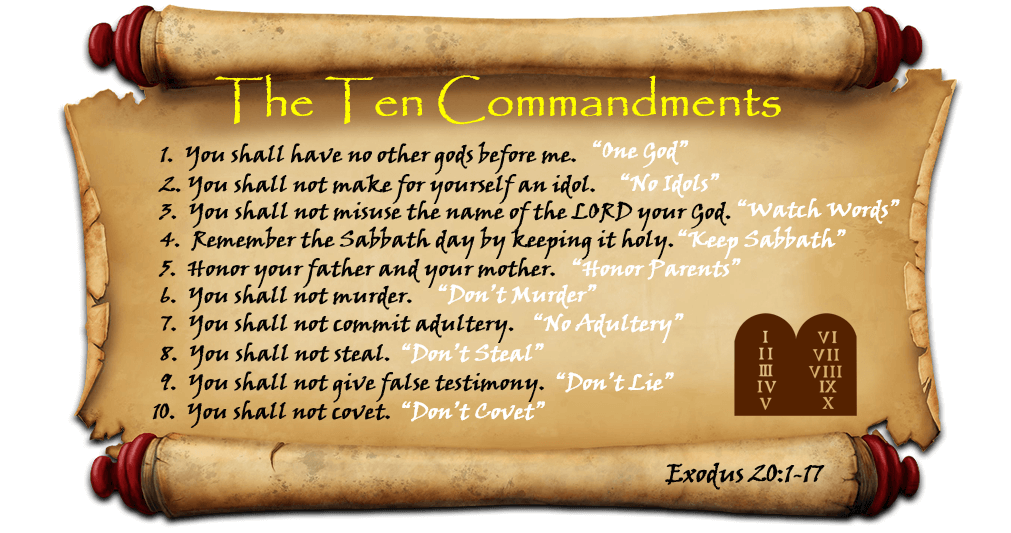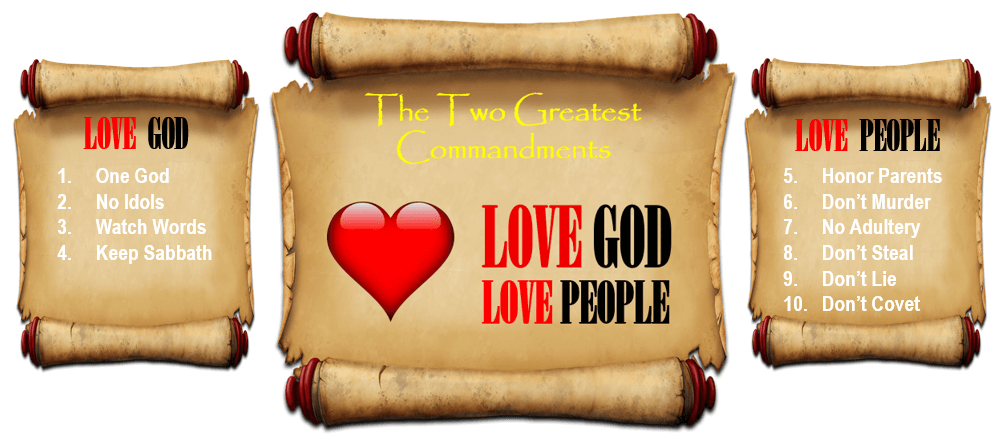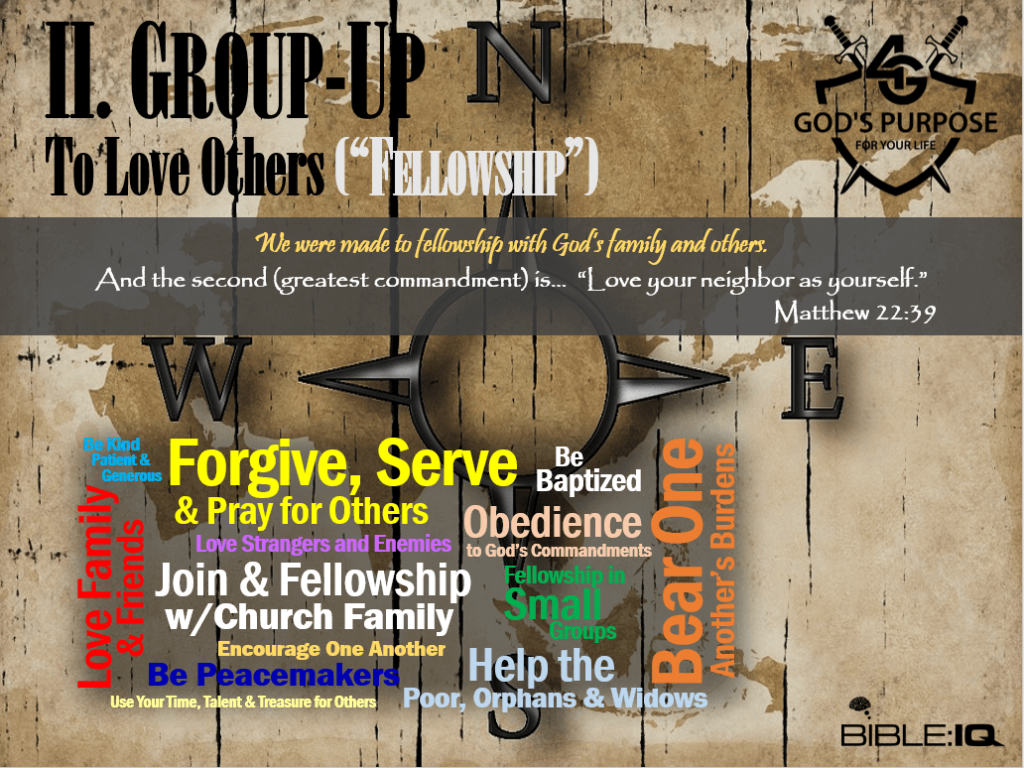Purpose #2 – “Group-Up”
You have now discovered that your first and primary purpose in life is to know and love God. So, what is your second purpose in life? It is similar to the first, but it pertains to loving people as opposed to loving God.
“Love the Lord your God with all your heart and with all your soul and with all your mind. This is the first and greatest commandment. And the second is like it: Love your neighbor as yourself.” (Matthew 22:37-39, NIV)
It becomes so clear now, that your second purpose is to love your neighbor as much as you love yourself. To help you fulfill this purpose, let’s unpack two big questions related to this purpose:
1) Who exactly is your “neighbor”?
2) What exactly does “love” mean?

Who is Your Neighbor?
Simply put, your “neighbor” represents all people. This includes family, friends, colleagues, neighbors (literally), acquaintances, strangers, foreigners, and yes, even your enemies.
Let’s focus on family for a minute. You, along with the rest of us, have a family by means of blood or physical ties that you are to love. These include parents, grandparents, siblings, aunts, uncles, cousins, etc. But do you know you also have a spiritual family (once you are a child of God as discussed in Purpose #1)?

Your spiritual family includes all other believers (other adopted children of God). These individuals are your spiritual brothers and sisters and are collectively referred to as the church. So, when it comes to loving family members that includes both your physical/blood family as well as your spiritual/church family. And by chance you are not currently a member of a local church, joining is a huge first step to begin getting to know your spiritual family.

What is Love?
Now, let’s unpack what “love” is and what it means to love people. To begin, it’s important to understand that love comes from God.
“Dear friends, let us love one another, for love comes from God. Everyone who loves has been born of God and knows God.” (1 John 4:7, NIV)
Also, because God is love, He treasures relationships. Consequently, it’s no surprise that the essential ingredient for healthy and vibrant relationships is love. Our relational and loving God placed us on this earth to learn how to love (before we go to our eternal homes). In other words, due to our me-focused sin problem, being “loving” to God and others does not come naturally to us.

A basic and beautiful way God has taught us how to love is through His Ten Commandments. The majority of us tend to perceive the Ten Commandments as a bunch of “dos and don’ts” for good behavior and great living. But, interestingly, these divine behavior-setting guidelines are also designed to teach us how to love.
For example, did you know that all ten of the commandments are about relationships:
1) your relationship with God, and
2) your relationship with people.
- Do not have other gods.
- Do not have idols.
- Do not use the Lord’s name in vain.
- Keep the Sabbath holy.
- Honor your parents.
- Do not murder.
- Do not commit adultery.
- Do not steal.
- Do not lie.
- Do not covet.

Stated differently, when you are obedient to the Ten Commandments, you are actually loving God and loving people.
“If you love me, keep my commands.” (John 14:15, NIV)
To further highlight this important point, the Bible summarizes the Ten Commandments into two Great Commandments as follows:
“Love the Lord your God with all your heart and with all your soul and with all your mind. This is the first and greatest commandment. And the second is like it: Love your neighbor as yourself. All the Law (Ten Commandments) and the Prophets hang on these two commandments.” (Matthew 22:37-40, NIV)

- “worldly love”, and
- “Godly love.”
Understanding the difference is critical to help us create clarity and avoid confusion.
Worldly Love
Worldly love is always self-focused and self-centered. People generally say they love others because of how they make them feel. For example, people who say they “love” their friends, cars, houses, or jobs do so because they are usually reflecting on the benefits they personally derive from them. In other words, the world values people and things based on their usability. Worldly love causes people to control and manipulate others, which is rooted in envy, lust, and pride. Ultimately, this causes division between people.


Godly Love
In complete contrast, God’s love is never about self. It is always about the other person. For example, what is in their best interest, how can you best serve them, and what can you do to help them. God’s love always focuses on giving and serving, never on receiving. It is completely selfless and motivated by a deep caring and commitment to others. In contrast to the disunity of worldly love, Godly love builds bridges, establishes unity, and roots deep relationships with others.
“Love is patient, love is kind. It does not envy, it does not boast, it is not proud. It does not dishonor others, it is not self-seeking, it is not easily angered, it keeps no record of wrongs.” (1 Corinthians 13:4-5, NIV)
Building Your Love Muscle
- Spending time with others (the best way to spell love is “T-I-M-E”).
- Helping and serving others.
- Forgiving one another.
- Accepting and encouraging one another.
- Fellowshipping with your church family.
- Expressing honesty and humility.
- Praying for others.
- First, learning the skill of loving others cannot be accomplished in isolation – you must be around and interacting with people!
- Secondly, God will purposefully surround you with all types of people – irritating, imperfect, and frustrating people – all for the sole purpose of helping train and build your love muscle.
Let’s take a moment to pause and reflect, as you may be thinking all this sounds like too much work! The key is to think in terms of baby steps and start exercising with only one or two of the above love work-out strategies. Please also recognize that it typically takes a lifetime to develop strong love muscles. Finally, please note that God sends you a “personal trainer” or helper (when you become adopted into His family – see Purpose #1) called the Holy Spirit. Over time, this helper provides you with new desires, attitudes, and strength to begin loving God and loving others more effectively and painlessly.
“But the Helper, the Holy Spirit whom the Father will send in My name, He will teach you all things, and remind you of all that I said to you.” (John 14:26, NASB)
“God’s (Holy) Spirit makes us loving, happy, peaceful, patient, kind, good, faithful, gentle, and self-controlled.” (Galatians 5:22-23a, CEV)
Repairing Broken Relationships
Our relationship with God is “restored and reconciled” through our faith in Jesus (see Purpose #1). Likewise, we must continuously work on “restoring and reconciling” our relationships with others, as needed. Restoring broken relationships is an act of love. Repairing broken relationships is very important to God. He tells us to fix any relationships before bringing offerings to Him.
“Therefore, if you are offering your gift at the altar and there remember that your brother or sister has something against you, leave your gift there in front of the altar. First go and be reconciled to them; then come and offer your gift.” (Matthew 5:23-24, NIV)

Finally, please recognize that busyness is a great enemy that is opposed to us successfully loving others. We can become so preoccupied with making a living, accomplishing goals, paying bills, and enjoying hobbies that we often have little or no time to continue cultivating our relationships. Time is the most precious gift you can give to others as you only have a limited amount of it.

When you give others your time, you are giving them a portion of your life you will never get back.

Although loving others can be challenging and uncomfortable at times, it is still one of the divine keys to unlocking and finding lasting love, joy, and peace. In closing our talk about your second purpose in life, let’s reflect on what God also tells us about love.
“Three things will last forever – faith, hope, and love – and the greatest of these is love.” (1 Corinthians 13:13, NLT)
The below infographic summarizes the key aspects of your second purpose in life.

Please advance to your third primary purpose in life by selecting the “Purpose #3” menu.


